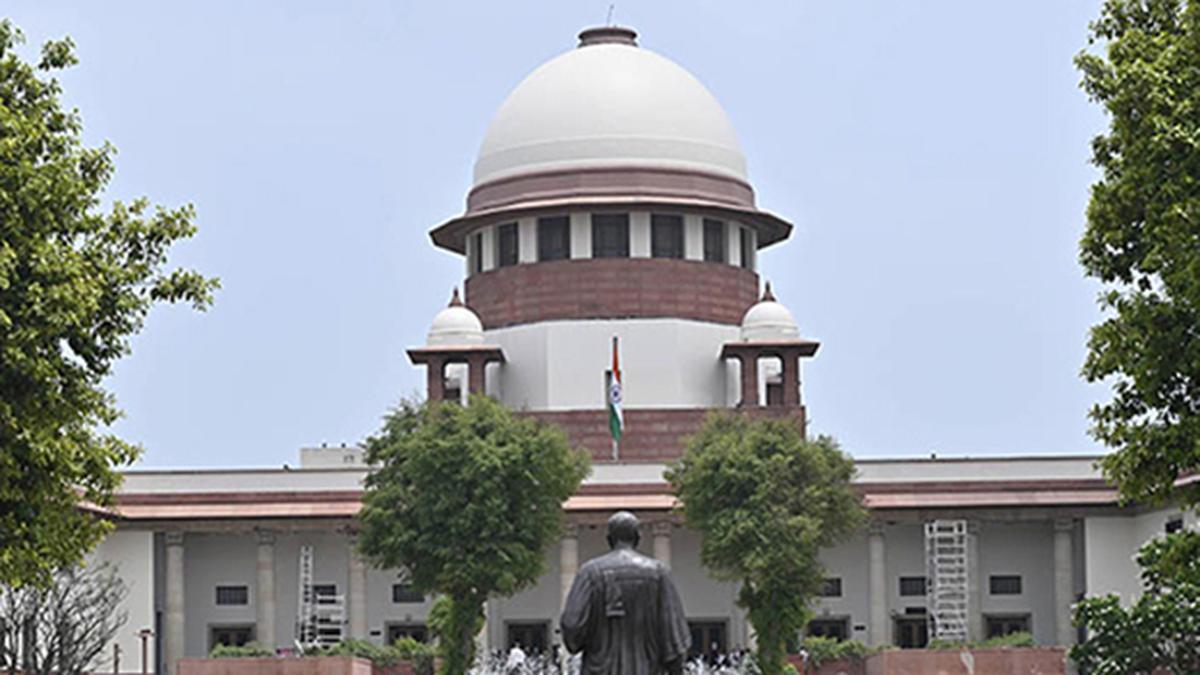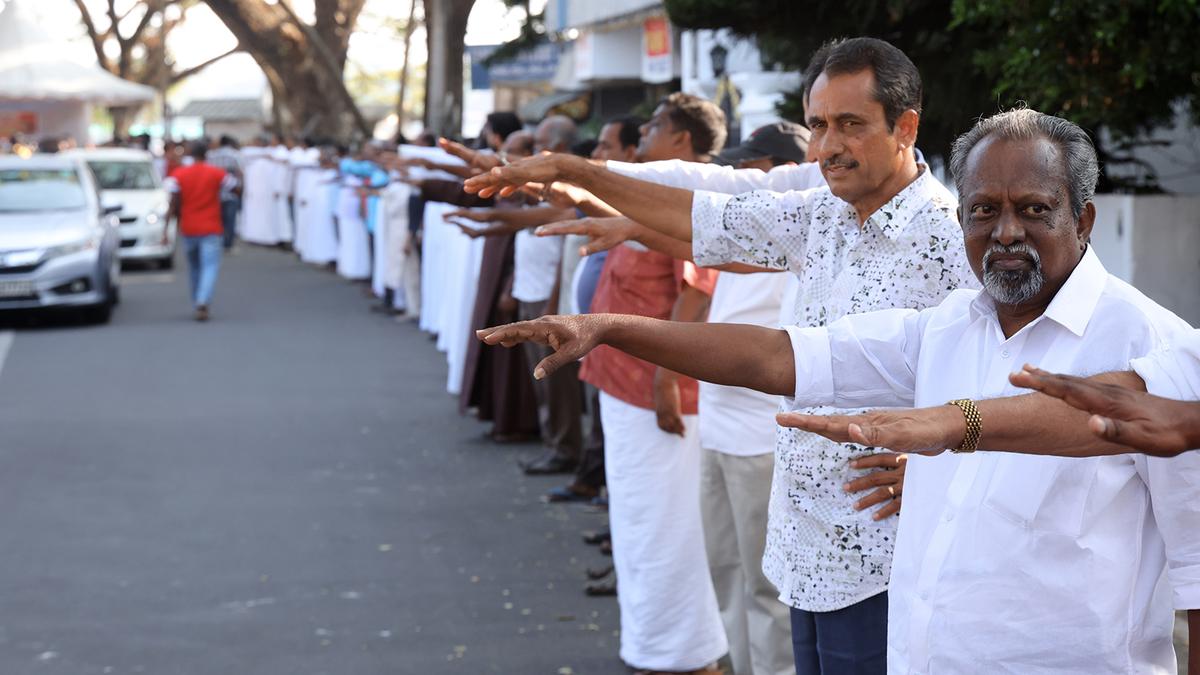
Image used for representative purpose only. File
| Photo Credit: SHIV KUMAR PUSHPAKAR
The Supreme Court on Wednesday said it was time to take a “very conscious call” about the extent to which judiciary ought to intervene in religious affairs even as it asked the Kerala government to not circulate or publish data about the population, churches and assets of the disputing Orthodox Malankara and Jacobite denominations in the State.
“When you are asking the Supreme Court to intervene in religious affairs, we have to tread cautiously, extremely carefully… Today you [the two denominations] have come, tomorrow some other religious group will bring their fight to us… Should we intervene? The courts would ultimately have to take a very conscious call on this question,” Justice Surya Kant, heading a two-judge Bench, orally addressed the court’s concern to lawyers representing the two religious sections.

On December 17, the apex court had directed a status quo in the dispute between the Jacobite and the Orthodox Malankara denominations. The court would be hearing the case in detail on two consecutive days, January 29 and January 30.
The previous hearing on December 17 had also witnessed the court, while ordering status quo, direct the State government to place on record details of the Orthodox Christian population, preferably gram panchayat or sub-division wise; the number and details of churches under the complete administrative control of either the Orthodox Malankara denomination or the Jacobite denomination; the list of these churches of which the management was in dispute; the current status of their administration; and the parish registers.
Lawyers representing parties in the case, including senior advocates K.K. Venugopal, C.U. Singh and Krishnan Venugopal on Wednesday urged the court to direct the State to keep the data collected in a sealed cover to avoid any “heartburn” or hardening of positions ahead of the scheduled apex court hearings on January 29 and January 30.
Justice Kant said the court wanted to resolve the dispute and have the two groups live amicably.
Senior advocate Kapil Sibal, for Kerala, submitted the State had no intention whatsoever to publish the data.
Justice Kant asked Mr. Sibal to neither publish nor circulate the data for now.
The schism within the church had impacted over 2,000 parish churches and 30 million followers across the world. The 2017 judgment had found that the 1934 constitution was “appropriate and adequate” for the management of the Malankara parish churches.
In fact, the 2017 verdict reiterated decisions of the Supreme Court in 1958 and 1995 that the 1934 constitution of the Malankara church governed the parish churches under it.
The dispute between the group with allegiance to the Patriarch of Antioch in Syria (Jacobite faction) and the Catholicos of the East dates back over a century. The Malankara church is believed to be established in AD 52 by St. Thomas.
Published – January 16, 2025 02:20 am IST







![Best Weight Loss Supplements [2022-23] New Reports!](https://technologytangle.com/wp-content/uploads/2022/12/p1-1170962-1670840878.png)




